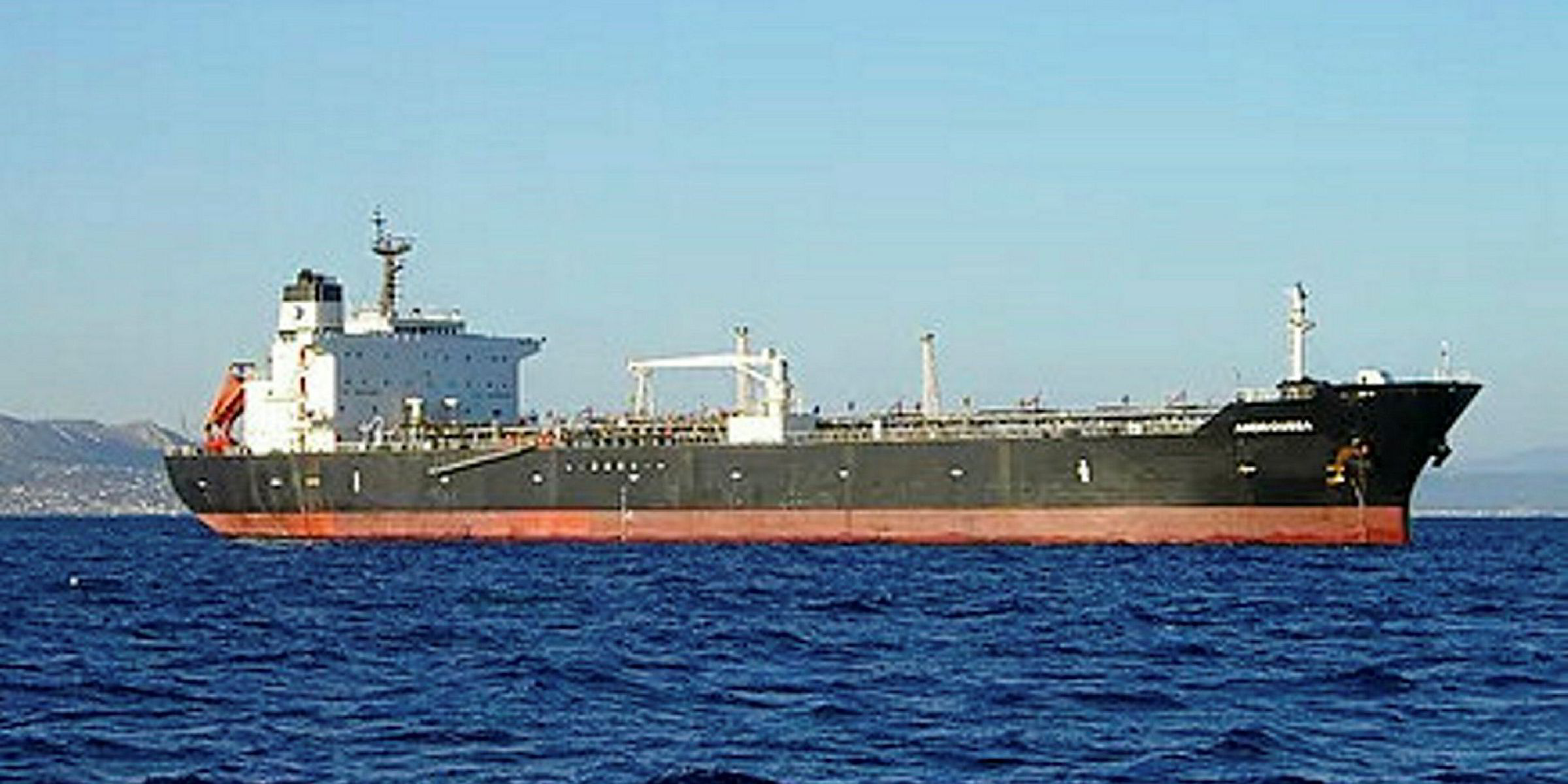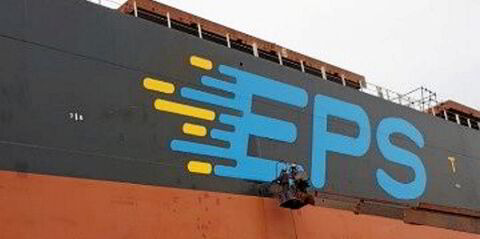Last September, nearly five months after the Saudi Navy seized the 47,600-dwt product tanker Androussa (built 1995), a Saudi customs tribunal issued a finding that the ship had been engaged in the smuggling of weapons into war-torn Yemen.
The ship' charterer, Dubai-based Swaidan Trading, has presented that finding in evidence in two US court proceedings in which the company secured the arrest of two Dileton Maritime bulkers to secure a $33m London arbitration claim in the case.
But Dileton representatives claim Saudi officials used trumped up evidence to justify the Androussa's detention.
Evidence central to the Saudi finding included:
- suspicious pipes found in Androussa's engine room, which looked to the Saudis like weapons parts material
- trace amounts of high explosives found in a ballast tank
- documentary evidence found on the master's computer pointing to a plan to offload a ballast tank cargo separately from the vessel's main cargo
- and the deactivation of the ship's AIS during cargo operations in Iranian waters during parts of November and December 2016
But the Security Council's panel of experts agreed when it inspected the ship last December that the pipes were just pipes.
"The panel and the officials of Saudi Arabia were shown some steel pipes next to a workshop that the officials considered to be suspicious, but which the panel estimated were most probably for the vessel's maintenance," wrote the five-member international panel led by Ahmed Himmiche.
A Dileton representative says the ship was searched by drug dogs and explosives dogs, who found no traces of contraband, and that the traces of explosives cited by the panel were microscopic quantities found in sand at the bottom of three tanks, which may well come from taking on ballast water in Ras Isa and Hodeidah, Yemeni ports that have been bombarded.
The Saudi allegation of e-mail evidence of a "ballast" cargo consists of a message, reviewed by TradeWinds, in which the phrase "balance" (of a cargo) was misread as "ballast".
Dileton denies that the ship's AIS was deactivated, but acknowledges that the ship was legally in Iranian waters loading cargo at the time in question.



